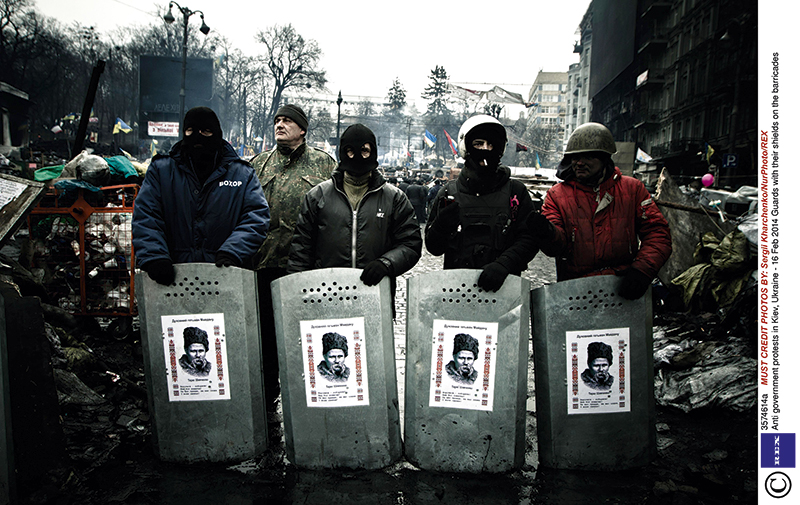
Marc Weller reports on the legality of events in Crimea
Crimea has voted overwhelmingly in favour of incorporation into Russia. President Vladimir Putin and the Duma, the Russian Parliament, are set to implement this result. The G-7 states and the EU have declared the referendum unlawful and consider the incorporation of Crimea a grave violation of international standards, triggering sanctions against Russian officials.
The first point to note is that Russia does not have a territorial claim against Ukraine. It is true that Crimea was transferred from Russia to Ukraine in 1954, while both were part of the Soviet Union. However, when the Union dissolved in December 1991, Russia confirmed that it recognised Ukraine within the borders obtained at that point. It has restated this position in a whole series of binding treaties, including the 1994 Budapest Agreement which was meant to guarantee Ukraine’s integrity and security after it disowned nuclear weapons.
Even if there was a territorial claim, Russia would of course not be entitled to pursue it forcibly. The next question





.tmb-mov69x69.jpg?sfvrsn=961ae4db_1)
95ca96e3d47f4eff8d147c4f0df17c77.tmb-mov69x69.png?sfvrsn=3db5d86b_1)

